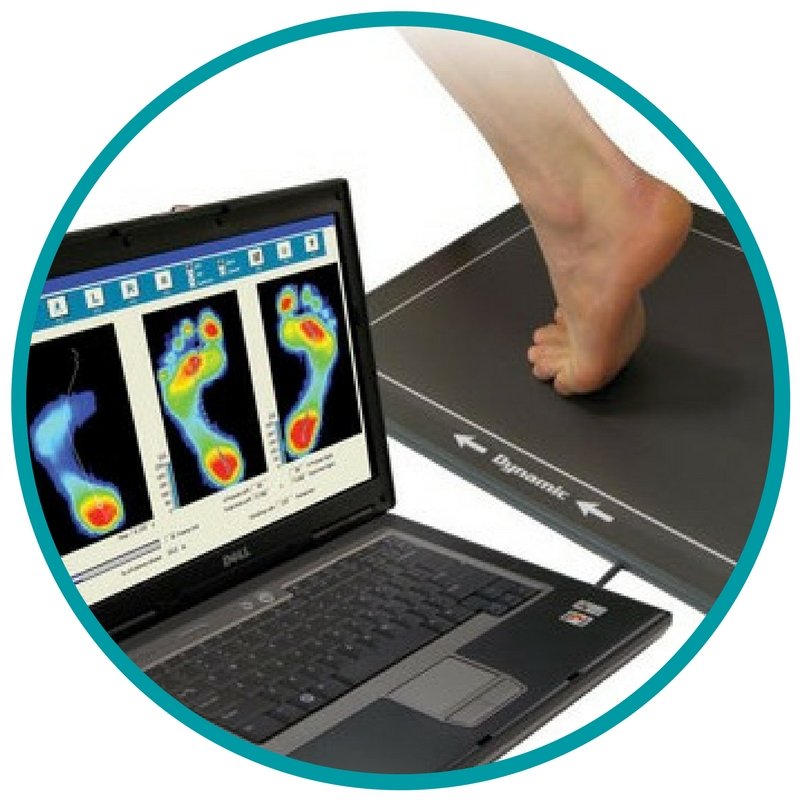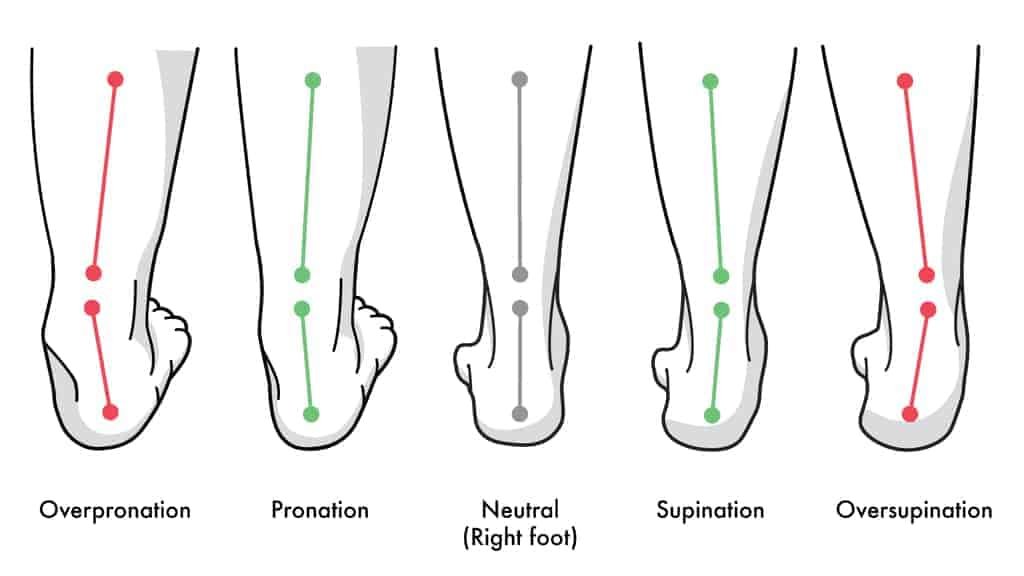Everything You Need To Know About Biomechanical Foot Assessment
Have you ever wondered how the mechanics of your feet influence your overall health and mobility?
A biomechanical foot assessment holds the key to unlocking this understanding, offering insights that can enhance movement efficiency and alleviate discomfort.
What is a Biomechanical Foot Assessment?
A biomechanical foot assessment is a comprehensive evaluation conducted by a podiatrist to analyse the structure, alignment, and function of the feet and lower limbs. This assessment aims to identify abnormalities or dysfunctions that may contribute to pain or impair movement. By examining how your feet interact with the ground and affect the rest of your body, podiatrists can pinpoint the root causes of discomfort or functional limitations.
Who Should Consider a Biomechanical Assessment?
Individuals experiencing recurrent injuries during physical activities, persistent foot, leg, or back pain, or those aiming to optimize their athletic performance should consider undergoing a biomechanical assessment. This evaluation is instrumental in diagnosing issues such as overpronation, supination, flat feet, high arches, and other structural or functional anomalies.
DG Podiatrist: Your Partner in Foot Health
For those seeking expert biomechanical assessments, DG Podiatrist offers specialised services in both London and Harare, Zimbabwe. Their experienced podiatrists utilise advanced diagnostic tools to evaluate your biomechanics and provide tailored solutions, including treatments for conditions such as flat feet, high arches, bunions, heel spurs, overpronation, supination, metatarsalgia, and leg length discrepancies.
A biomechanical foot assessment is a pivotal step towards optimal foot health, injury prevention, and enhanced mobility.
Whether you're an athlete aiming to boost performance or someone seeking relief from chronic pain, understanding your foot mechanics is essential.
For comprehensive evaluations and personalised treatment plans, consider consulting a biomechanical assessment podiatrist in London or Zimbabwe.DG Podiatrist is committed to guiding you on your journey to improved foot health and overall well-being.
Benefits of a Biomechanical Assessment
Undergoing a biomechanical assessment offers several advantages:
Injury Prevention: Identifying and correcting biomechanical issues can reduce the risk of injuries.
Pain Relief: Addressing underlying causes of discomfort leads to effective pain management.
Enhanced Performance: Optimising foot function contributes to improved athletic performance.
Customised Orthotics: Development of tailored orthotic devices to support and correct foot mechanics.
Step-by-Step Guide to Biomechanical Foot Assessment
During a biomechanical assessment, the podiatrist will:
Review Medical History: Podiatrist will analyze medical background, lifestyle, and specific concerns to tailor the evaluation.
Static Assessment: Examination of foot structure, alignment, and posture while standing.
Dynamic Assessment: Observation of gait and movement patterns to identify irregularities during walking or running.
Functional Tests: Perform specific tests to assess muscle strength, joint flexibility, and range of motion.
This thorough approach enables the podiatrist to develop a personalized treatment plan addressing your unique needs.
Ready to put your best foot foward?
Visit our bookings page or simply click below to book an appointment with DG Podiatrist today. Alternatively email us at bookings@dgpodiatrist.com.





